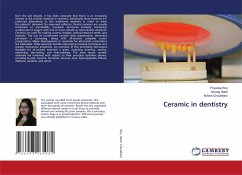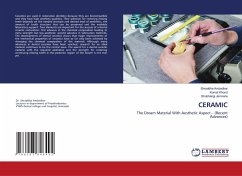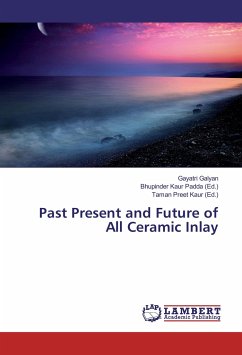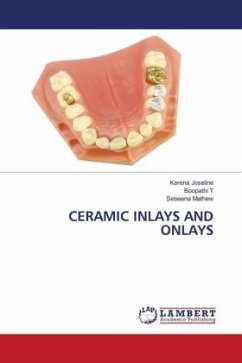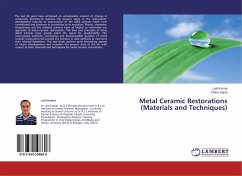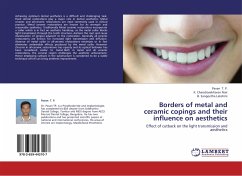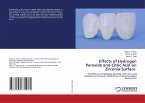Over the last decade, it has been observed that there is an increasing interest in the ceramic materials in dentistry. Esthetically these materials are preferred alternatives to the traditional materials in order to meet the patients' demands for improved esthetics. Dental ceramics are usually composed of nonmetallic, inorganic structures primarily containing compounds of oxygen with one or more metallic or semi-metallic elements. Ceramics are used for making crowns, bridges, artificial denture teeth, and implants. The use of conservative ceramic inlay preparations, veneering porcelains is increasing, along with all-ceramic complete crown preparations. Major developments in materials for all-ceramic restorations are addressed. These advances include improved processing techniques and greater mechanical properties. An overview of the processing techniques available for all-ceramic materials is given, including sintering, casting, machining, slip-casting, and heat-pressing. The most recent ceramic materials are reviewed with respect to their principal crystalline phases, including leucite, alumina, forsterite, zirconia, mica, hydroxyapatite, lithium disilicate, sanidine, and spinel.

